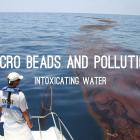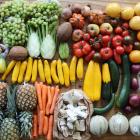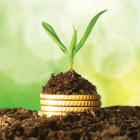Your search yielded no results
- Check if your spelling is correct.
- Remove quotes around phrases to search for each word individually. Bike shed will often show more results than "bike shed".
- Consider loosening your query with OR. Bike OR shed will often show more results than bike shed.
You will save the Earth by sharing and/or tweeting (corny right?)










